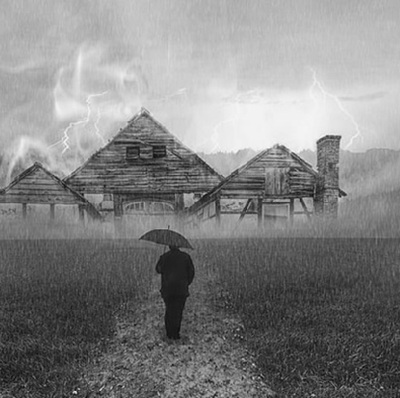.
.
Google “what is jazz-hop?” and the AI overview describes it is “a subgenre of hip-hop that combines jazz and hip-hop music. It developed in the late 1980s and early 1990s.” In Mr. Vernon’s following piece, he makes the case for it also being a subgenre of jazz.
For readers interested in becoming more familiar with jazz-hop, he suggests you check out the nine-song Spotify playlist he created, which follows his article.
.
.
___
.
.
Listen to “sunny,” by Potsu [Stem Disintermedia Inc.]
.
.
Are Jazz-Hop Instrumentals Jazz?
By Anthony David Vernon
.
…..Jazz can be defined through its playfulness, its ability to interpolate, and its ability to surprise. Jazz-hop (a fusion of jazz and hip-hop) does not tend to possess these elements – jazz-hop is formulated, formulaic, and repetitive, not for the worse, just in a manner that differs from traditional jazz. Given the quite noticeable differences between jazz-hop and traditional jazz, a question could be asked: does jazz-hop vary so greatly from traditional jazz that it isolated itself from jazz to become a stand-alone genre? No, jazz-hop is jazz and a natural extension of traditional jazz.
…..Genres often come to be defined by their subgenres. Rock music, for example, is understood as a flexible genre because it has welcomed the likes of heavy metal and punk into its tent. So, the line between genre and subgenre may become blurry; is punk its own genre? Is smooth jazz its own genre?
…..This picture is more complicated when speaking of jazz-hop. Arguably, jazz-hop belongs to the genre of hip-hop. Does a subgenre have to belong to only one genre? No, jazz-hop finds itself in the tents of hip-hop and jazz. Jazz-hop expanded the jazz tent, as did George Gershwin by fusing jazz and orchestral elements. So, while there is no objective means to define a genre or subgenre, I see jazz-hop clearly coming from the tradition of jazz.
…..Jazz-hop artists such as saib, Freddie Joachim, and Emapea sample from jazz cuts. In some sense, sampling from jazz tracks is not dramatically different from covering jazz songs. Jazz covers are common in traditional jazz, and it is also common for players covering jazz tracks to change up their songs. Any jazz-hop producer is making a change to a jazz cut, but instead of using live instrumentation to make changes, the producer is using software like FL Studio and/or Audiotool. In this sense, jazz-hop is purposefully expanding the scope of jazz.
…..One of the most original jazz-hop beats, in terms of not following jazz-hop convention, is Potsu’s “sunny.” Yet, to understand how surprising this track is, the jazz-hop formula must be understood. Most jazz-hop artists will simply make use of a jazz piano and overlay soft trap-ish drums, while more advanced producers will take a sample that includes more instrumentation and often slope the sample to provide a changeup. While “sunny” makes use of all the previously mentioned elements, it does so in such a manner that it takes the listener on a slow sonic coaster – the ride isn’t wild, but it flows and doesn’t bore because in his jazz-hop version of the song Potsu separates the jazz horns from the jazz piano, where other artists wouldn’t. Most jazz-hop artists produce beats where one underlying sound rides throughout, which is not always a bad thing, but it can lead to stilted beats. So, like jazz, jazz-hop does not have to follow that formula, and as an extension of jazz, it can evolve into a more free-flowing improv, impromptu genre.
…..A genre can exist with internal differences inside of itself, and artists can learn from one another. Old artists can learn from the new and vice versa, just as jazz-hop can learn from jazz or vice versa. In some sense, jazz learning from jazz-hop would be jazz learning from itself.
.
___
.
For readers interested in becoming more familiar with jazz-hop, Anthony suggests you check out this nine-song Spotify playlist he created.
.
.
___
.
.

Anthony David Vernon is an adjunct professor of philosophy at Miami-Dade College and St. Thomas University. He is also a beat maker under the alias ADV05.
.
.
___
.
.
Click for:
More poetry on Jerry Jazz Musician
“Bluesette,” Salvatore Difalco’s winning story in the 67th Jerry Jazz Musician Short Fiction Contest
More short fiction on Jerry Jazz Musician
Information about how to submit your poetry or short fiction
Subscribe to the (free) Jerry Jazz Musician quarterly newsletter
Helping to support the ongoing publication of Jerry Jazz Musician, and to keep it commercial-free (thank you!)
.
___
.
.
Jerry Jazz Musician…human produced since 1999
.
.
.
















































